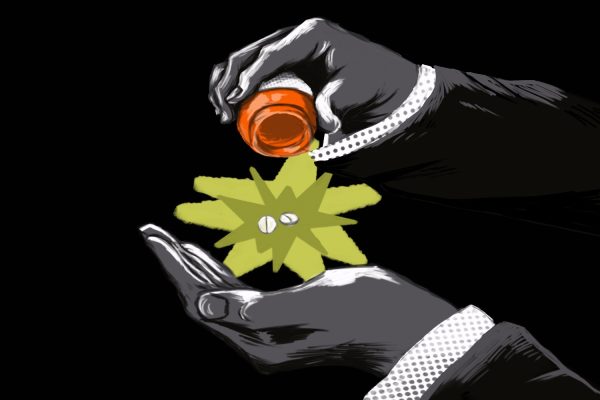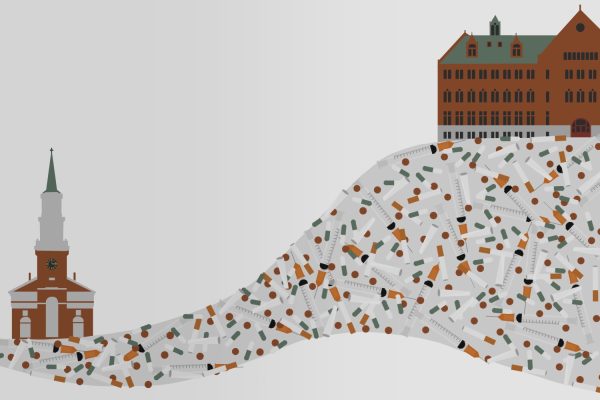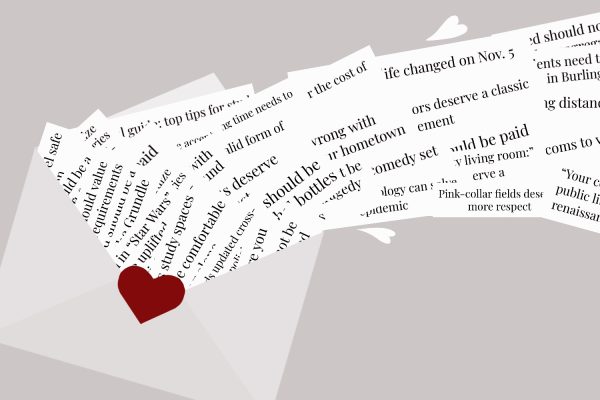Guarding faith
Religious faith, whether or not we would like it to, plays an intimate role in American culture. Christian morality is found throughout our founding documents, our currency and the Pledge of Allegiance.
For a secular nation, we have certainly allied ourselves with idealism, particularly of the Christian variety.
But how much of a doctrine must you align yourself with in order to be considered a part of an institution? In this example the institution is the church, and for me its Catholicism.
Its not uncommon to hear an adult describe their spirituality by saying I was raised Catholic. As a third-generation Italian-American, Catholicism is a relatively large part of my family history.
Yet there came a time for me, particularly when I became aware of the movement for reproductive rights, that I abandoned years of private Catholic education for a religious break.
The day I chose to return to the church and try to revitalize my faith was on Jan. 20, two days before the anniversary of Roe v. Wade.
Needless to say, my hopes of a discourse about peace and love were replaced with a sermon preaching against a pro-choice agenda. If I choose to disagree, can I still be a Catholic?
The issue of abortion is controversial regardless of how you spin it. Yet there are other, seemingly simpler stances the Church takes that I couldnt support.
In a place supposedly centered on love and tolerance, I felt shockingly out of place.
After a few weeks, I continue to grapple with the morality of attending church. There are important messages the church can teach, which initially brought me back. But I could not subscribe to the concept of celibacy or oppose birth control on behalf of the church.
I cant imagine a loving God, if he or she exists, sending someone to hell for something like safe sex or sex at all. I dont foresee any number of services being able to alter that belief.
Is this something many religious folk struggle with? Is it worth giving up on? For a time I was sure, but now the lens is fogged.






